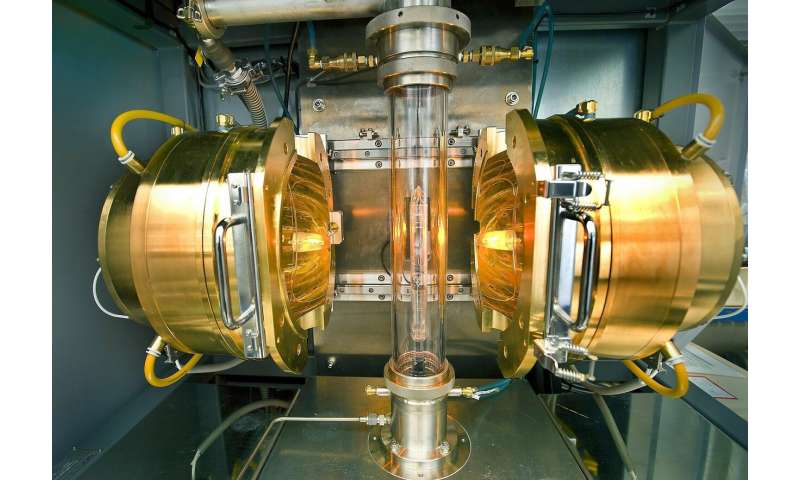Best of Last Week – Superconductivity at room temperature, growing cotton on the moon, food additives and anxiety

It was another good week for physics as a team at George Washington University discovered new evidence of superconductivity at near room temperature by squeezing and then heating minuscule samples of lanthanum and hydrogen. And a team at the U.S. Department of Energy's SLAC National Accelerator Laboratory found that the Einstein–de Haas effect provides new insight into a puzzling magnetic phenomenon—atoms moving on the surface of a material. Also, an international team of researchers showed the classic double-slit experiment in a new light, using resonant inelastic X-ray scattering.
In space news, an international team of researchers discovered a black hole in our galaxy spinning rapidly around itself. The finding allowed the team to learn more about the characteristics of black holes and the environments in which they exist. And a team at the Advanced Technology Research Institute at Chongqing University made headlines around the world reporting cotton seeds sprouting on the far side of the moon aboard the Chinese lunar lander.
It was also a good week for technology, as a team at King Saud University announced that they had developed a deep learning-based method to detect cyberbullying on Twitter. And Science Robotics published a list of 10 of the most innovative robotics developments of the past year.
In other news, the medical journal The Lancet made worldwide headlines when they reported that the human diet is causing 'catastrophic' damage to the planet—what we eat and how we produce it must change, they argued, or there will be dire consequences. Also, a team at Rush University Medical Center reported that moving more in old age may protect the brain from dementia. They found that older people who did things such as simple housework maintained more memory skills.
And finally, if you are one of the millions of people around the world suffering from stress or anxiety, you might want to note the results of a study by a team at Georgia State University—they found evidence that common food additives may promote anxiety-related behavior and reduce social behavior in mice.
© 2019 Science X Network